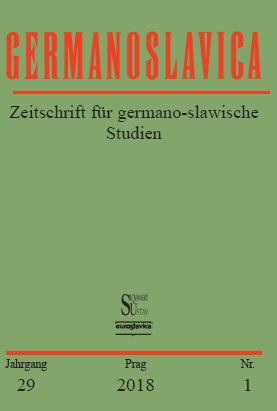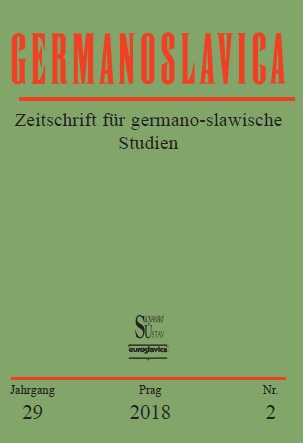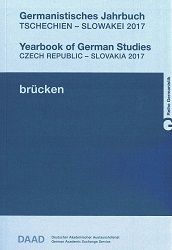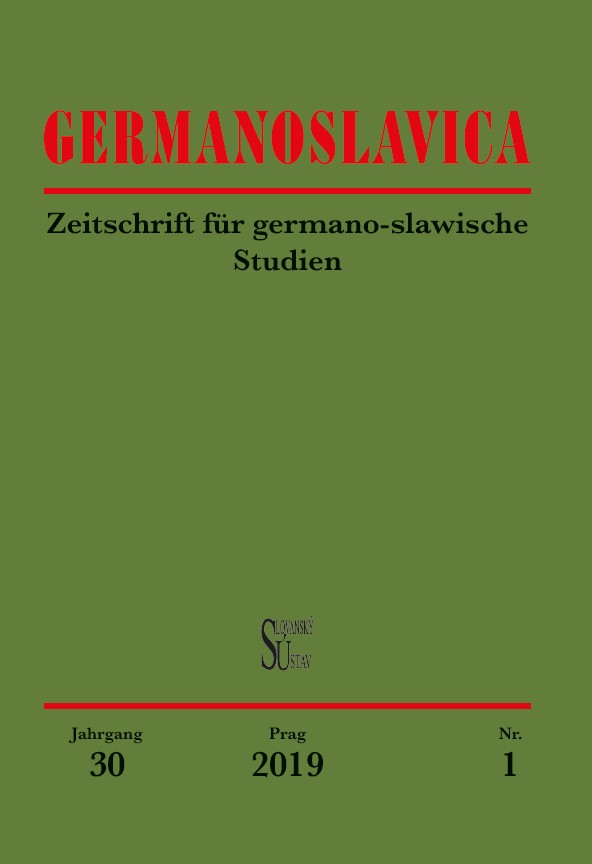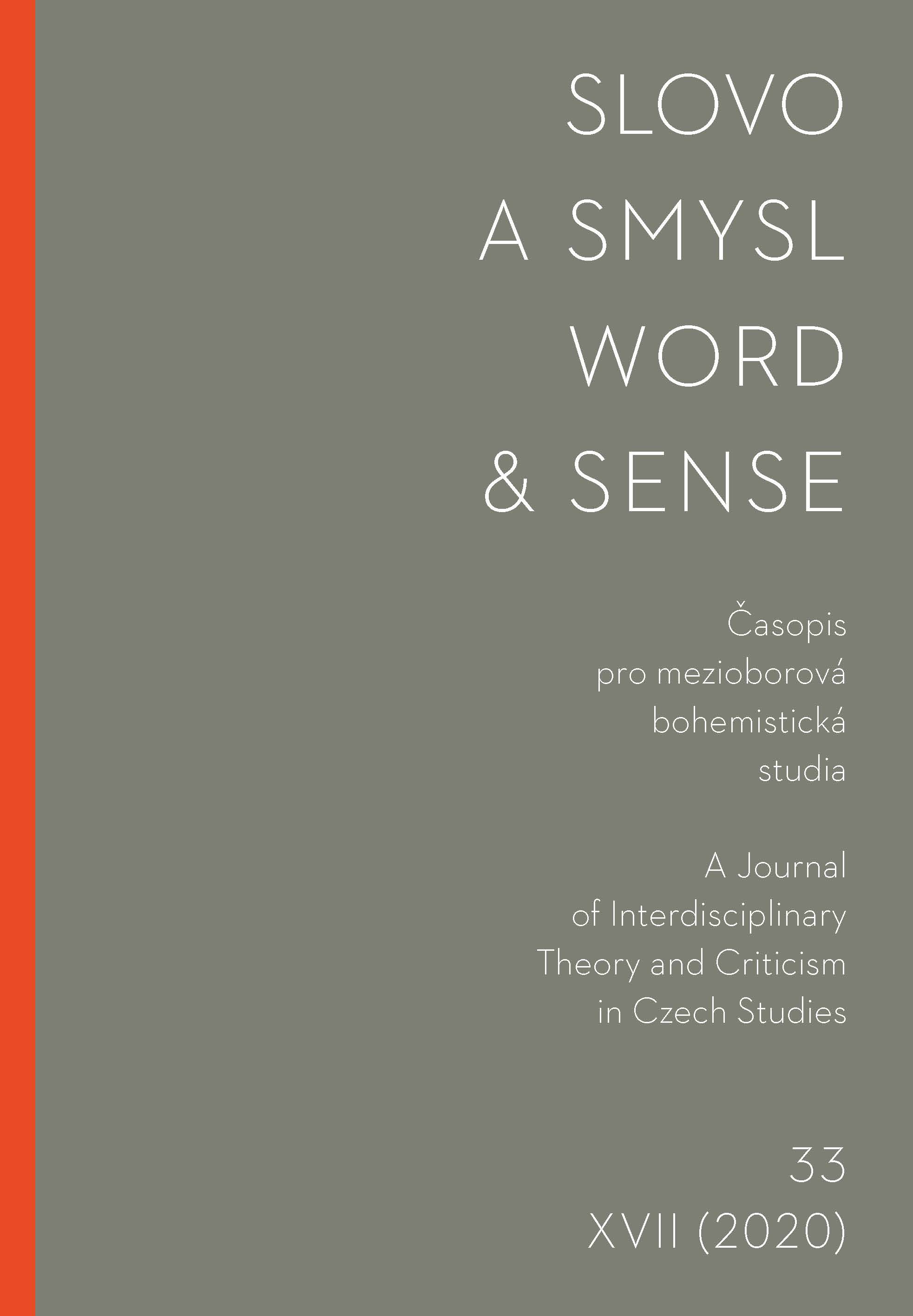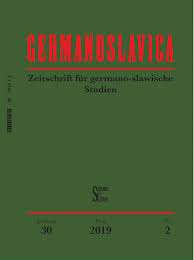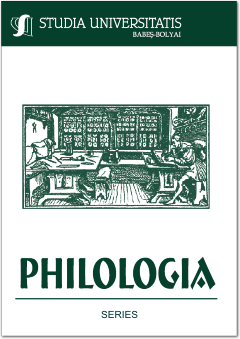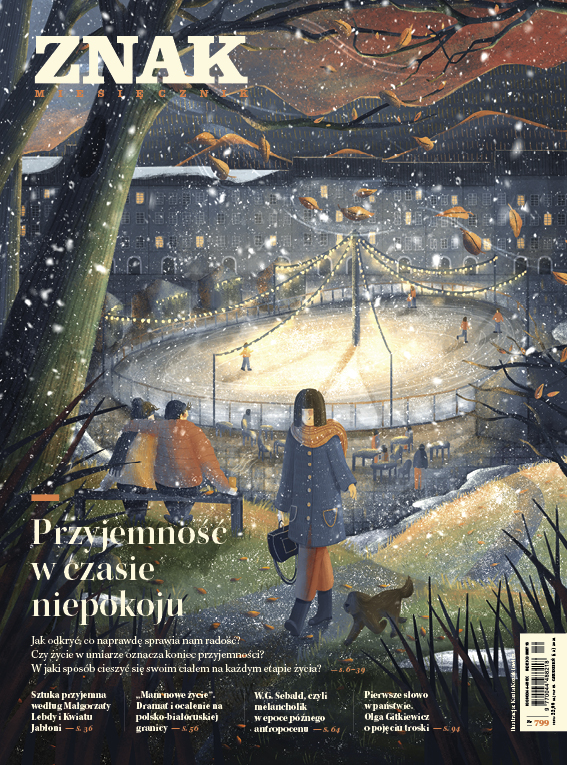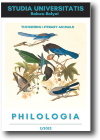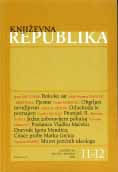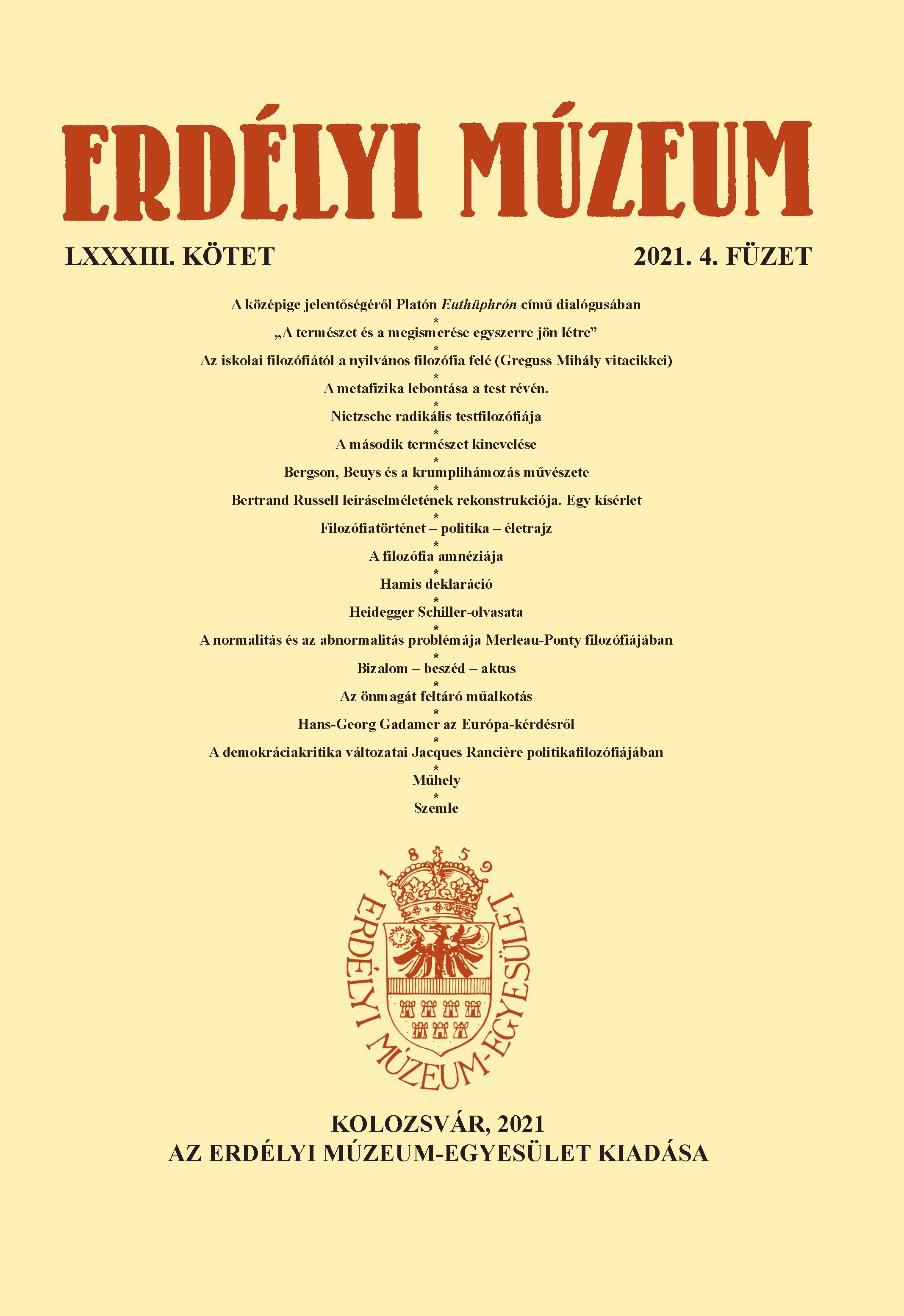Author(s): Matthias Aumüller / Language(s): German
Issue: 1/2019
Russia and the early Soviet Union, respectively, was a trendy topic in German interwar literature. Not surprisingly, Paul ZECH, known as an Expressionistic poet, friend of his Wuppertal compatriot Else LASKER-SCHÜLER, tried to jump on the bandwagon. Mentally disordered and with fi nancial problems, he was forced to look for literary motives that promised public attention and money. In the late twenties he published in nearly every literary genre, including “translations”, i.e. (very) free adaptions of Old French poetry, to which he added his own inventions, indeed, without pointing them out as such. It was by no means an exception that he took liberties with the originals. Characteristically, he also faked his CV. For instance, he pretended to have been travelled to the Soviet Union. His story Das Schloß der Brüder Zanowsky, published as a book in 1933, is also a case in which things are somehow diff erent. In particular, there are intercultural inconsistencies that are worth to be investigated. The question of the article is what the meaning of those inconsistencies is. After introducing the subject in chapters 1 and 2, I will thoroughly spell out the inconsistencies (chapter 3). In the last two chapters, they will be interpreted against the assumption that the homodiegetic narrator is unreliable. Obviously, the narrative is marked by fl aws which are so conspicuous that they cannot be interpreted as mistakes by the author. Besides, it is clear that the narrator is cognitively defi cient. Therefore, it is his unreliability that seems to be the right option in order to explain the strange manner of the narrator. However, this is not the whole story of the story. Since there is no alternative ‘truth’ communicated by the author, the numerous inconsistencies turn out to be not a function of the narrator’s discourse but a function of the author’s text. In the fi nal part of the paper, I will demonstrate that this particular kind of defi ciency is ZECH’s aesthetic way of coping with personal as well as general troubles of his times. The nebulous way of presentation is the expression of a feeling of absolute disorientation, which the author experienced.
More...
